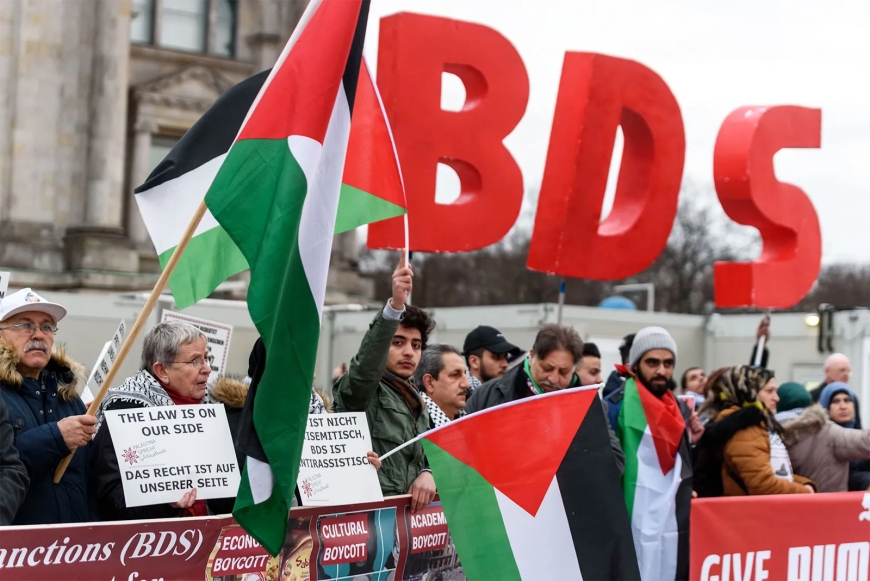Stop Praising Celebrities Who Are Silent About Israel's Crimes
A growing movement is calling for action against celebrities and influencers who remain silent about Israel's actions against Palestinians.

A growing movement is calling for action against celebrities and influencers who remain silent about Israel's actions against Palestinians. This campaign builds on the existing Boycott, Divestment, and Sanctions (BDS) movement, which has long advocated for the boycott of Israeli products and institutions. The recent surge in violence in Gaza has intensified these efforts.
The BDS movement urges people not to visit Israeli cultural centers or cooperate with Israeli universities that support narratives justifying the occupation of Palestinian territories. It also encourages musicians, artists, and celebrities to avoid visiting Israel.
The campaign against silent celebrities gained significant traction during the 2024 Met Gala, an annual charity event organized by Anna Wintour and the Metropolitan Museum of Art in New York. Videos of celebrities flaunting luxurious outfits at the event sparked widespread outrage, as they coincided with reports of an Israeli attack on Rafah. Critics argued that the Met Gala was an attempt to distract from the atrocities in Gaza.
One particular incident that fueled the campaign was when former American model Haley Kalil, responding to the hunger in Gaza, callously remarked, "Let them eat bread." This statement drew comparisons to Marie Antoinette's infamous "Let them eat cake" comment, which showed her disregard for the suffering of the French people during the Revolution. Kalil's insensitivity led to the launch of the "Digital Guillotine" campaign, targeting celebrities who ignore global humanitarian issues.
The "Digital Guillotine" movement encourages people to unfollow celebrities on social media, aiming to reduce their influence and profitability. This effort has gained momentum on platforms like TikTok, Instagram, and X, where users call for an end to the idolization of celebrities who fail to speak out on critical issues.
The campaign has also affected literary circles. Haaretz, an Israeli newspaper, reported that many writers refuse to have their books translated into Hebrew or published in Israel, citing political opposition. The cultural boycott of Israel has led to increased isolation for Israeli travelers, who often hide their identities to avoid rejection abroad.
This movement underscores a broader shift in public sentiment, demanding accountability from influential figures and institutions in the face of human rights violations.













































